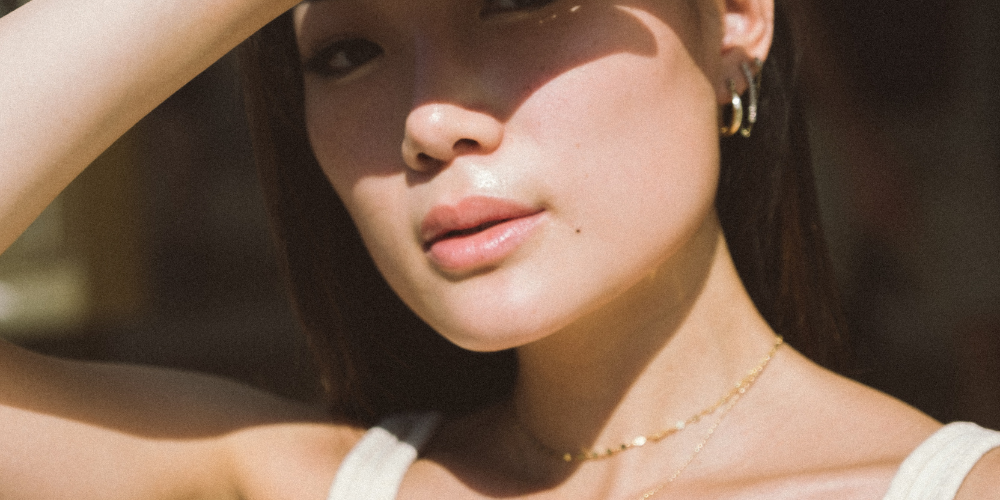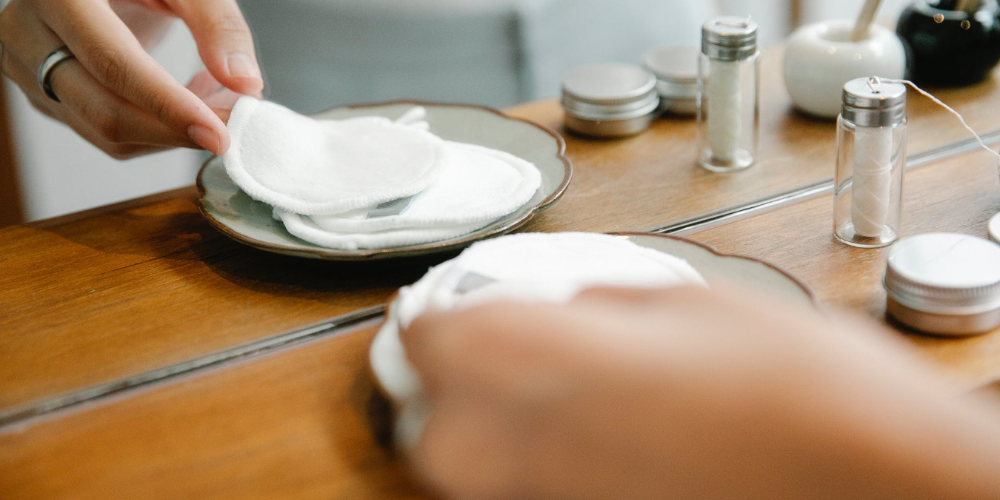
Like acne and eczema, a rosacea flare-up holds the ability to ruin a perfectly good day. But if one thing is certain, it’s that your skin shouldn’t have such an impact on your mood and self-confidence. Thankfully, there are tons of research and information about rosacea, which means that if you or someone you know is struggling with it, you’re not left in the dark!
We’ve put together an all-encompassing blog post that’s filled with everything you need to know about the long-term skin condition:
What is rosacea?
Rosacea is an inflammatory skin condition that sticks around for the long term, causing red, irritated-looking skin and sometimes bumps and/or thickened skin. Rosacea typically shows on the nose and cheeks, but it can also develop around the eyes, depending on the flare-up.
Symptoms can come and go, and most people living with rosacea are aware of certain things that trigger the condition to worsen. For example, prolonged sun exposure, the use of certain chemicals or ingredients in skincare products, the consumption of alcohol, or high levels of stress.

How does one get rosacea?
Fear not, as rosacea certainly isn’t contagious nor caused by poor hygiene. The exact cause of rosacea is unknown, but it’s suspected that it could be from a busy, overactive immune system, genetics, environmental factors, or in some cases, a combination of these causes.
Most people develop rosacea in adulthood, and there are certain factors that can increase your risk of developing an inflammatory condition. These include:
- Females
- People with fair skin that is sensitive to the sun or burns easily
- Those over age 30
- People who are smokers
- People who have a family history of rosacea
Rest assured, forgetting to wash your face before heading to bed, or spending all day in the sunshine when on vacation won’t lead to rosacea.
What is the difference between rosacea and eczema?
Rosacea and eczema are both skin conditions that can feel itchy and flare up when triggered, but they are quite different. The easiest way to tell the two apart is by the areas that it affects. Rosacea typically occurs on the cheeks and nose, whereas eczema patches can really affect anywhere on the body, even your neck and arms. If eczema does decide to appear on one’s face, it is usually around the eyes and mouth.
Another big differentiator is that with rosacea, it can be common to see bright red blood vessels underneath the skin. Also, with rosacea, one could experience pus-filled bumps and a rash that appears almost acne-like. In terms of appearance, eczema looks more crusty and scaly.

How can rosacea be treated?
While there is no magical cure for rosacea, there are things you can do to keep it under control to the best of your ability. Treatment could include a combination of lifestyle changes and switching to skincare products that avoid irritants and allergens. But it’s not one-treatment-fits-all — it takes people with rosacea a fair amount of trial and error to find a routine that works for them.
Many people struggling with long-term inflammatory conditions find that skincare products contribute to the problem of rosacea. Some of the “dirty” or chemical ingredients found in common products act as irritants for a flare-up. Even products labelled as “gentle” or “sensitive” might contain high concentrations of potentially irritating ingredients. Studies have shown that products with fragrances and dyes, both makeup and skincare, can cause rosacea to worsen. Because of this, people with rosacea have to spend a little more time hunting down products that work for their skin.
Ingredients that are commonly linked to the worsening of rosacea symptoms are alcohol, menthol, fragrance, eucalyptus oil, witch hazel, and peppermint. Many rosacea sufferers do better with paraben-free and sulfate-free products. Products that are classified as astringents or contain exfoliants can also be risky.
It may help to try a rosacea-safe skincare brand. One we like is MeridaSKIN, which was developed by a nurse practitioner who struggles with the inflammatory condition herself. The brand has a barrier-and-biome-friendly regimen designed to minimize exposure to skin irritants and allergens. This is definitely reflected in all of its products, as they are pH-balanced and free of parabens, sulfates and fragrance (though two of the products contain tea tree oil, which means they are not odourless). It’s estimated that around half of those who have rosacea also experience uncomfortably dry skin. This flakiness and tightness can be combated with MeridaSKIN’s H2OVATION Moisturizer, a hydrating formula created with organic aloe vera juice, squalane, shea butter, allantoin, and other helpful sustainably-sourced ingredients.
In addition to implementing a paraben-free sulfate-free skincare routine that contains natural, soothing ingredients like aloe vera and tea tree oil, consuming foods like ginger, kale, and avocados can provide you with B vitamins and antioxidants. These are both important as they are considered to be anti-inflammatory.
It’s also crucial to prioritize stress management, keep alcohol consumption to a minimum, protect your skin from the sun’s harmful UV rays with a high-quality mineral-based sunscreen, and avoid overheating during exercise.
Once you’ve checked all of these boxes, you’re well on your way to avoiding future rosacea flare-ups!
Disclosure: We are a professional review and product rating website and mobile app that receives compensation from the companies whose products we review and rate. We are independently owned and the opinions expressed here are our own interpretations of a trusted source.
Everything You Need to Know About Rosacea was originally published in Think Dirty on Medium, where people are continuing the conversation by highlighting and responding to this story.